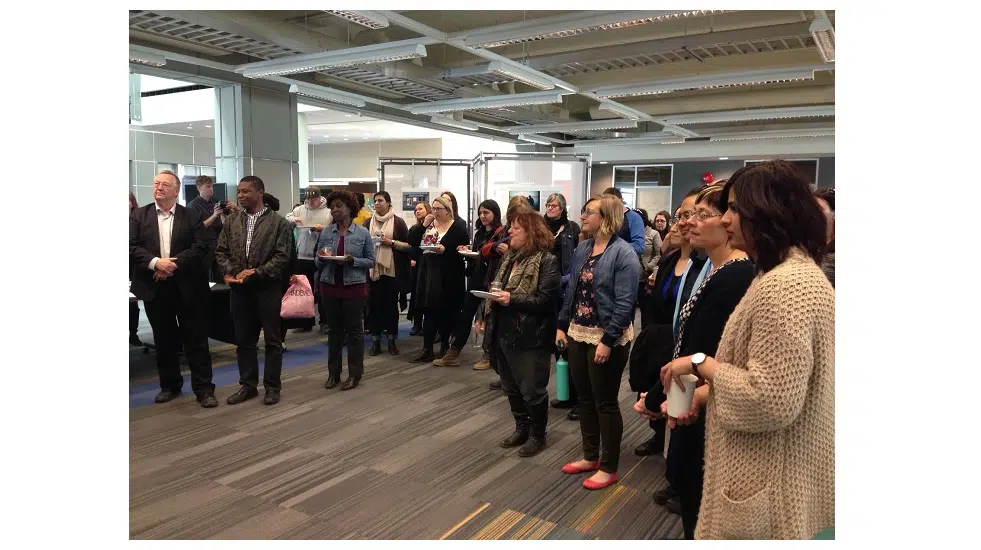
Making a Life in Central Alberta: Voices of Immigrant Women
An exhibition highlighting the experiences of immigrant women to central Alberta is now on display at the RDC Library.
The photovoice exhibition called ‘Making a Life in Central Alberta: Voices of Immigrant Women’, is the result of a joint project between RDC’s School of Arts and Sciences and Central Alberta Immigrant Women’s Association (CAIWA).
The exhibition follows a three-year research project led by Sociology instructors Dr. Choon-Lee Chai and Dr. Krista Robson and assesses settlement programs and services for immigrant women in central Alberta.
The hope is to learn more about the women’s experiences and needs and identify strengths and weaknesses of settlement programs and services.


